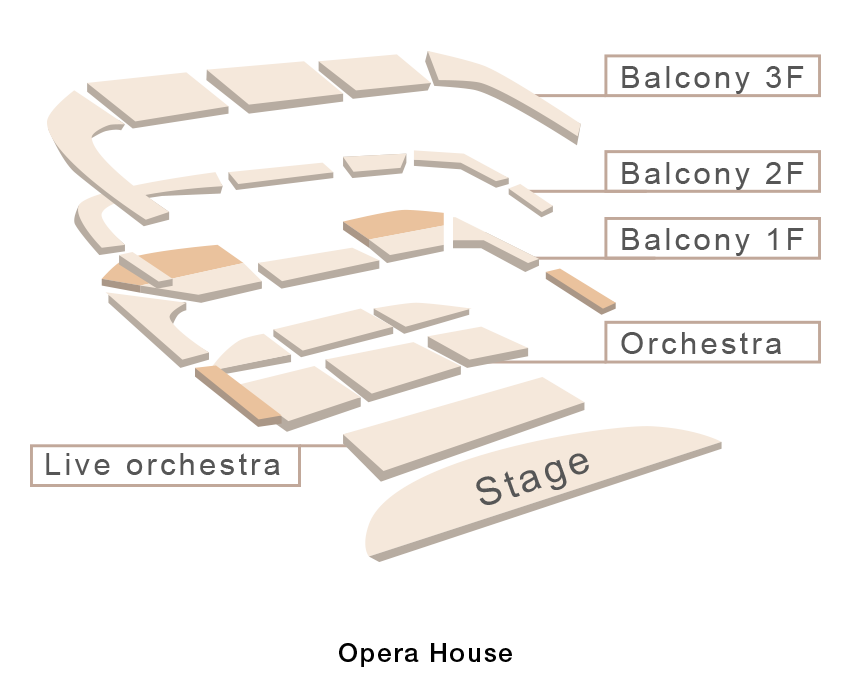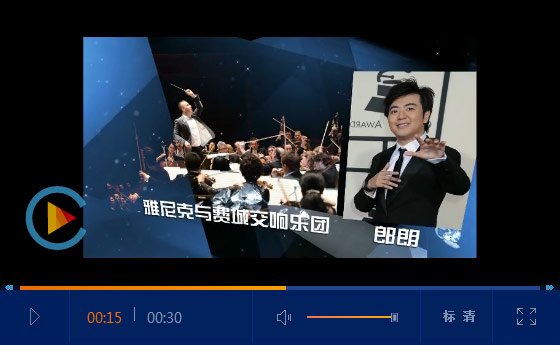CHEN Xinyi is a famous dramatist, director and playwright. She has been engaged in drama creation for nearly 70 years. In the first 30 years, she worked as a traditional opera, film and drama performer. Later, she started to direct stage dramas, write scripts and teach the drama art. Until now, she has directed more than 130 dramas, and she was one of the first persons to be named national first-class directors. As a “Drama Artist who has Made a Special Contribution to the Country”, she enjoys special government allowances from the State Council of the PRC. She is an honourary director at the Beijing People’s Art Theatre, an honourary professor at the Central Academy of Drama, a visiting professor at the Shanghai Theatre Academy, a drama art consultant to the Actors Troupe of Shanghai Film Group, and an honourable member of the International Stage Art Network (iSTAN). She was awarded the title of “Chinese Cultural Personage” in 2012
In 1984, CHEN Xinyi was transferred to Beijing as a talented person, serving as Deputy Managing Director and Chief Director of the China Railway Art Ensemble. In 1998, she was transferred to the Shanghai Municipal Administration of Culture (later renamed Shanghai Municipal Administration of Radio and Television, now Shanghai Municipal Administration of Culture and Tourism) as a talented person, serving as a director. In 2019, she founded the CHEN Xinyi Arts Centre in Shanghai and assumed office as Artistic Director. That same year, she became Chairperson of the Theatre Working Committee & World Theatre Education Alliance at the invitation of the Chinese Culture Promotion Society.
The dramas directed by CHEN Xinyi have won the Wenhua Award for 14 times in ten consecutive years, including the Grand Wenhua Award for four times. She wrote a libretto for the Huagnmei opera Huizhou Women, winning the CAO Yu Drama Literature Award. She has won the “Five-One Project” Award by the Publicity Department of the CPC Central Committee several times, as well as carried off various other drama awards at the China Theatre Festival, the China Art Festival, the China Peking Opera Art Festival and the theatre festivals held in various provinces and cities. Her Peking opera Flourishing Age of Zhenguan and drama SHANG Yang were shortlisted for China’s first Top Ten National Projects to the Distillation of the Stage Art, ranking first. Her children’s drama Red Scarf and Peking opera MEI Lanfang were shortlisted for the Third National Project to the Distillation of the Stage Art as two of China’s Top Ten Stage Dramas. Her opera ZHANG Qian won the First Grand Wenhua Award for Opera and won her the First Director Award by the Central Academy of Drama. Her Peking operas Flourishing Age of Zhenguan and MEI Lanfang won the Gold Award at the Third and Fourth China Peking Opera Art Festival. She directed Othello for the First China International Shakespeare Festival, winning the China Golden Lion Award for Drama. As director of the drama The Wilderness, she won the First Special Director Award by the Beijing People’s Art Theatre and Founder Group. In 2019, she won the Award for Outstanding Contribution to Drama at the One Drama Awards.
For ten consecutive years, CHEN Xinyi has produced eight operas and dramas for the NCPA, including Turandot, La Bohème, A Village Teacher, The Chinese Orphan, Visitors on the Snow Mountain, Hamlet, The Merchant of Venice and LAN Huahua. In 2012, Turandot won her the Best Director Award at the First Denny Award in Beijing for International Excellence in Theatrical Arts, the Shanghai Magnolia Director Award and the First Award for Promoting Chinese Culture. In 2016, Visitors on the Snow Mountain won the Gold Award in the Fifth Minorities Art Festival of China. That same year, she successfully directed an extraordinary concert of Chinese symphonic poems for the Hong Kong Chinese Orchestra for Zhou, Qin, Han and Tang Dynasties in Hong Kong. She directed symphonic poem Cry to Earth to mark the 80th anniversary of The Long March. Her version of Hamlet was performed to celebrate the 400th birthday of Shakespeare, winning high praise. In 2017, she created two more classics for the NCPA - Shakespearean play The Merchant of Venice and Chinese opera commission LAN Huahua. In 2018, she served as a key lecturer in the Opera Director Training Class offered by the China National Arts Fund. Later in June, directed the Han opera commission Long Song of Silk Robe at the China Wuhan Han Opera Theatre, with the opera successfully premiered at the Qintai Grand Theatre to celebrate the 100th birthday of Han opera master CHEN Bohua. In October 2018, she directed The Gin Game, a drama starring LU Yan and GUAN Dongtian, for “Dialogue with LU Yan” held in the British Library.
Director CHEN Xinyi has travelled abroad many times for various international art festivals and cultural exchange activities where she would give lectures. She gave academic reports on the creation of operas The Chinese Orphan and Turandot, dramas The Wilderness and Hamlet, etc. at the UK Research and Development Centre for Chinese Traditional Culture (UKCTC), University of Leeds, Chinese British Research Institute, British American Drama Academy (BADA), University of Cambridge, Royal Central School of Speech & Drama (RCSSD), British Library, Technische Universität München (TUM), Confucius Institute Munich, Department of Sinology of College of East Asian Politics of University of Bonn, Weimar Germany, Former Residence of Nietzsche in Naumburg, Germany, etc., making outstanding contributions to the spread of the Chinese Culture. She also took part in the 60th National Day Fellowship Activity at the TUM Auditorium, attended the TUM Symphony Orchestra’s Christmas concert held at the Philharmonic Hall, and obtained the golden emblem of TUM. The Gin Game, the first drama to be presented by the CHEN Xinyi Arts Centre, was highly acclaimed by people from all walks of life. In July 2020, she presented classic Shakespearean play Othello with an all-actress cast and announced the opening of the “CHEN Xinyi Arts Centre Artist Club” after the first round of performances.
 Repertoire
Repertoire
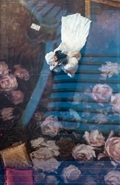 Films
Films
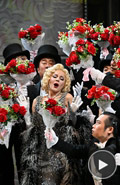 Videos
Videos
 Podcast
Podcast
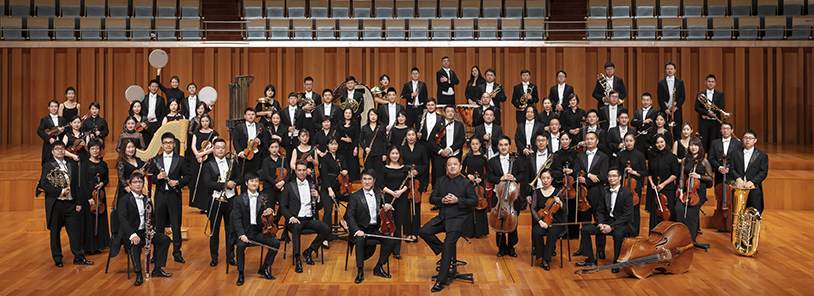 China NCPA Orchestra
China NCPA Orchestra
 China NCPA Chorus
China NCPA Chorus
 NCPA Resident Singers
NCPA Resident Singers
 NCPA Drama Ensemble
NCPA Drama Ensemble
 Buildings
Exhibitions
Buildings
Exhibitions
 Opening Hours
Guided Tours
Services
Getting Here
Opening Hours
Guided Tours
Services
Getting Here
 Western Cuisine
NCPA Café
Arts Gifts
Western Cuisine
NCPA Café
Arts Gifts









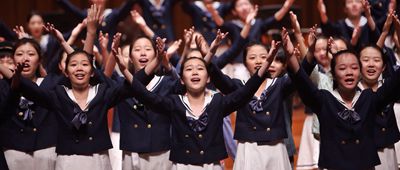








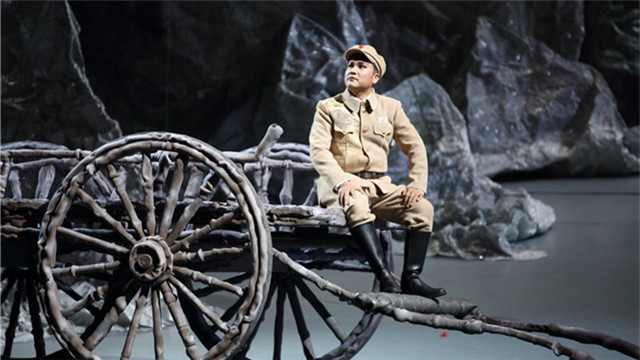

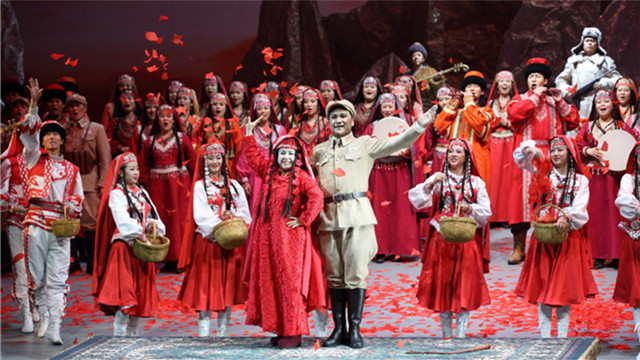





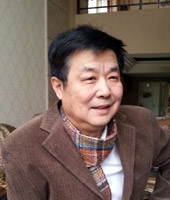
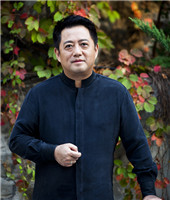

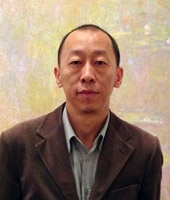




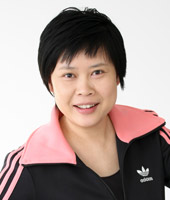
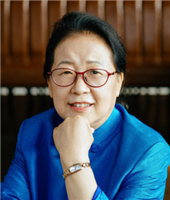




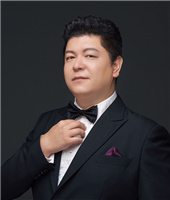




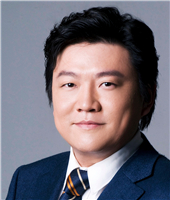


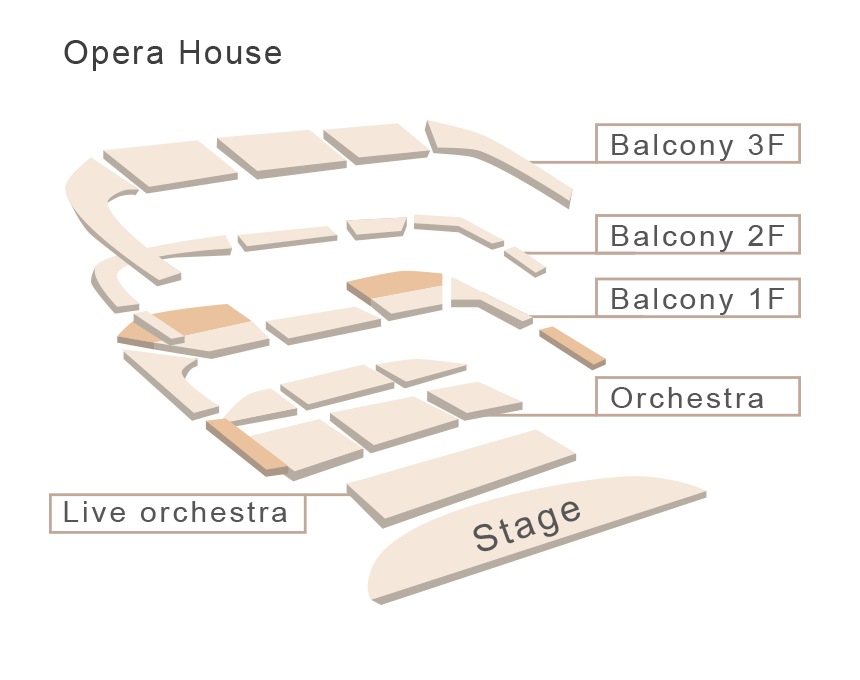 歌剧院
歌剧院
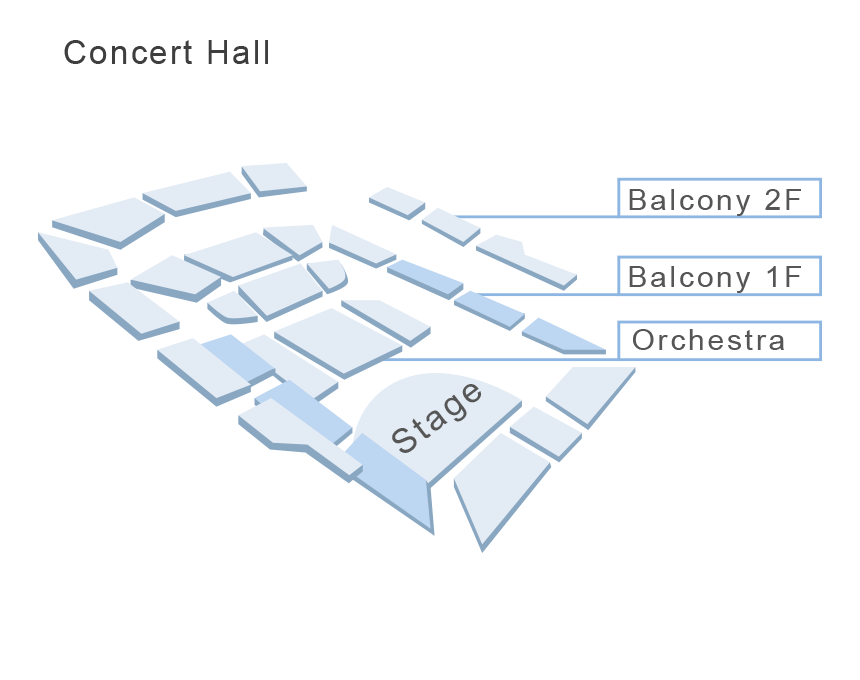 音乐厅
音乐厅
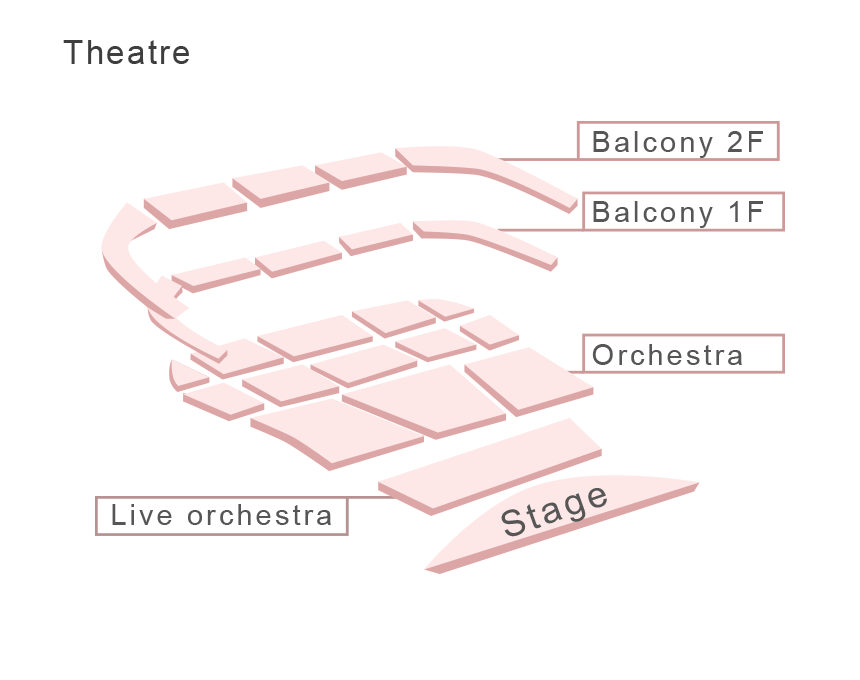 戏剧场
戏剧场
 小剧场
小剧场












